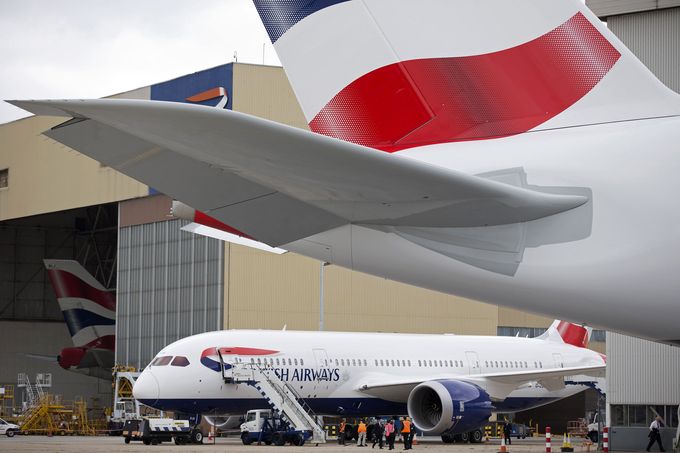Although the COVID-19 caused the worst smartphone market contraction in history, the total number of mobile phone users continues growing with no signs of stopping any time soon.
According to data presented by StockApps.com, the number of people using mobile phones hit nearly 5.3 billion in July, or 67% of the world’s population.
Europe the Leading Region with 86% of Population Using Mobile Phones
Mobile phones and smartphones have completely changed the way we communicate, offering people much easier access to the web and making online business more accessible for everyone. These conveniences had been driving impressive user growth.
The Hootsuite and We Are Social Digital 2021 report showed more than 117 million people started using mobile phones in the last year, with the total number of users rising by 2.3% in this period.
The figures are even higher when considering the overall number of cellular connections. Between July 2020 and July 2021, around 670 million people started using some kind of cellular connection, including IoT, with the total number rising to 10.4 billion globally.
Analyzed by regions, Europe has by far the highest number of citizens using mobile phones. Last year, 86% of Europeans had a mobile phone. By 2025, the penetration rate in the European market is expected to rise to 87%.
North America ranked as the second-leading region, with around 85% of citizens who use mobile phones. The Asia Pacific follows with a 58% penetration rate in 2020. However, this figure does not include China, Hong Kong, Macao, and Taiwan. The Greater China, where China, Hong Kong, Macao, and Taiwan are demonstrated, had an 83% subscription rate last year. In the next four years, the mobile phone penetration rate in this region is forecast to jump to 85%.
Mobile Data Traffic Surged by 68% YoY; Android Devices Account for 73% of Total Traffic
The Hootsuite data confirmed the majority of people use smartphones to access mobile networks and mobile internet. As of July, smartphones accounted for 6.4 billion or 79% of all mobile connections globally. On the other hand, routers, tablets, portable PCs had only a 3.8% market share with 310 million devices.
The impressive growth in the number of smartphone users has been followed by a surge in mobile data traffic. In the first quarter of 2019, the monthly average global mobile data traffic, including uploads and downloads, amounted to around 29 exabytes or billions of gigabytes. Over the next twelve months, this figure almost doubled to 45.16 billion. Statistics show the global average monthly mobile data traffic hit 66 exabytes in the first quarter of 2021, a massive 68% increase year-over-year.
Android devices accounted for almost 73% of total data traffic, 1.8% less compared to a year-ago period. IoS devices followed with a 26.3% market share.
The survey also revealed significant differences in mobile data cost per country. For example, as of July, Greece ranked as the most expensive country globally with a cost of $8.16 per 1GB of mobile data, more than double the global average of $4.07. The United Arab Emirates, New Zealand, and Canada followed, with $7.62, $6.99, and $5.72, respectively.
Israel, Italy, and Russia were on the other side of the list with an average mobile data cost of $0.05, $0.27, and $0.29. Statistics show developed economies like the United States and the United Kingdom also ranked below the global average, with a cost of $3.33 and $1.42 per 1GB of mobile data, respectively.

 Naira3 weeks ago
Naira3 weeks ago
 News4 weeks ago
News4 weeks ago
 Naira4 weeks ago
Naira4 weeks ago
 Jobs3 weeks ago
Jobs3 weeks ago
 Naira3 weeks ago
Naira3 weeks ago
 Travel3 weeks ago
Travel3 weeks ago
 Naira3 weeks ago
Naira3 weeks ago
 Investment4 weeks ago
Investment4 weeks ago


















